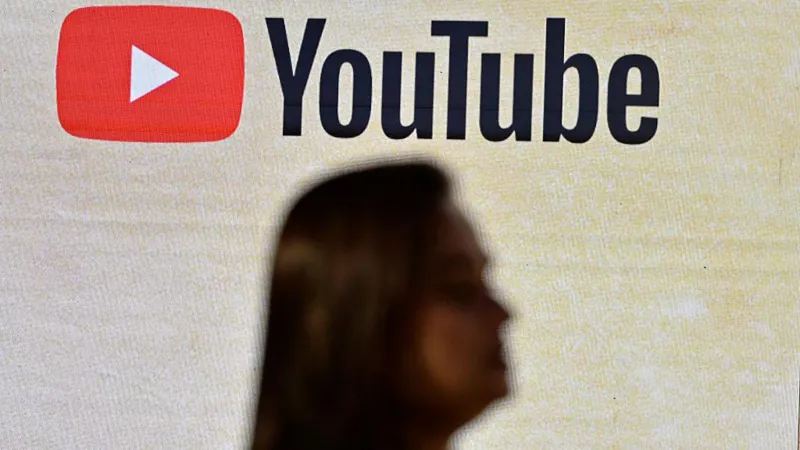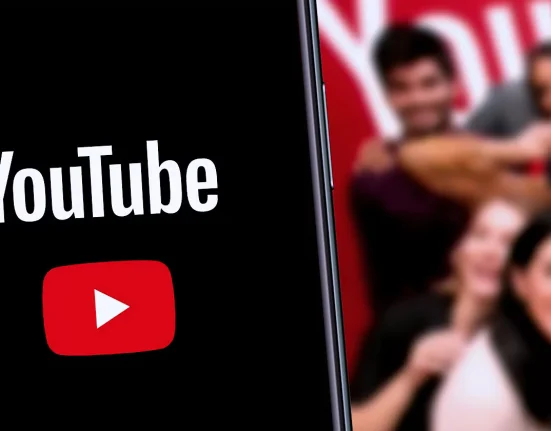Canberra | July 30, 2025
In a decisive policy shift, the Australian government has included YouTube in its sweeping social media ban for children under the age of 16, making it the first country in the world to take such a hardline stance against digital platforms in the name of child safety.
The move reverses an earlier exemption for YouTube and signals Canberra’s growing resolve to hold tech giants accountable for children’s online exposure. The decision comes as part of a broader campaign to curb the negative effects of social media on minors’ mental health, safety, and development.
Australia’s Minister for Communications, Michelle Rowland, said the decision to include YouTube followed further consultations with experts, child psychologists, and parent advocacy groups. “We cannot ignore the psychological harm linked to excessive screen time, cyberbullying, and addictive content loops that have become common on all platforms, including YouTube,” Rowland stated.
The law, which is scheduled for phased implementation beginning later this year, mandates that social media companies block access to their platforms for users under 16, unless verifiable parental consent is provided. It will also impose stricter age verification processes and heavy penalties for non-compliance.
Tech companies, including Alphabet-owned YouTube, have expressed concerns about feasibility and data privacy, warning that the regulations could be difficult to enforce and potentially intrusive. Digital rights activists have also raised alarms about the implications for free access to information and potential overreach.
However, the Australian government insists the policy is in the best interest of children, pointing to rising statistics of anxiety, depression, and social dysfunction linked to prolonged social media usage.
With global eyes on this landmark policy, Australia’s action could influence other nations grappling with how to regulate children’s access to digital spaces, marking a critical turning point in the evolving debate over youth and online safety.


